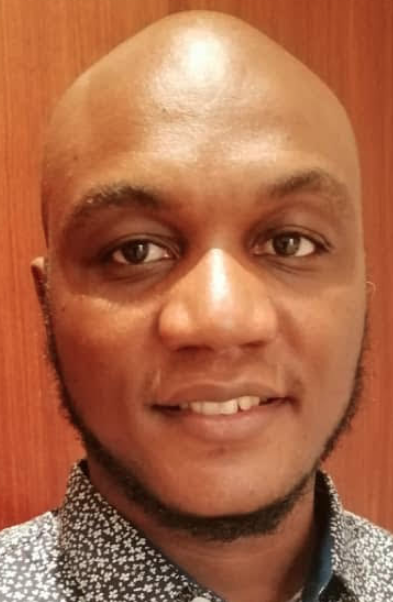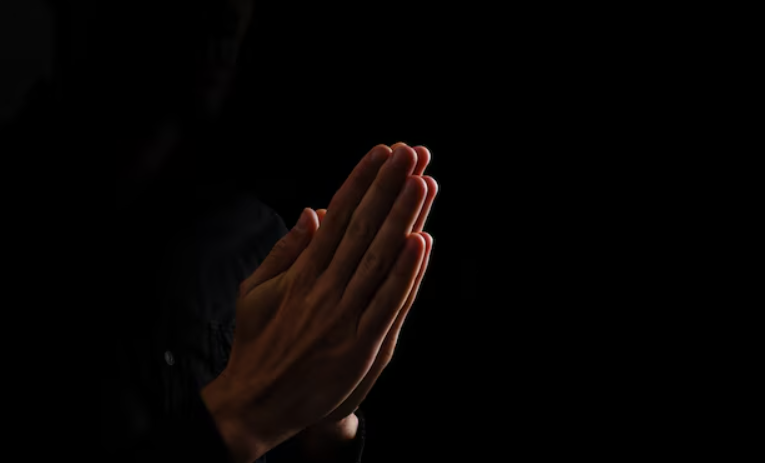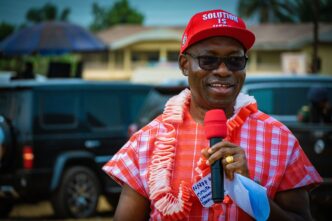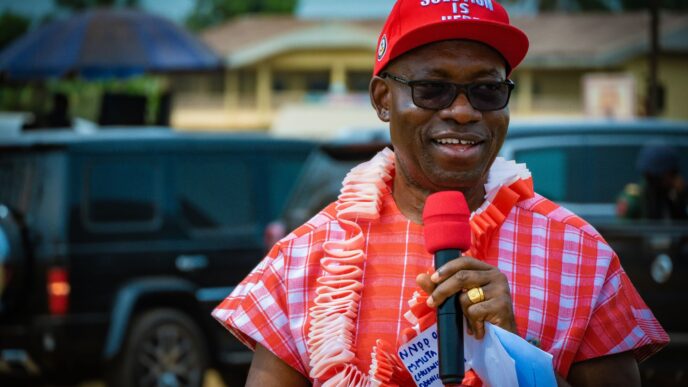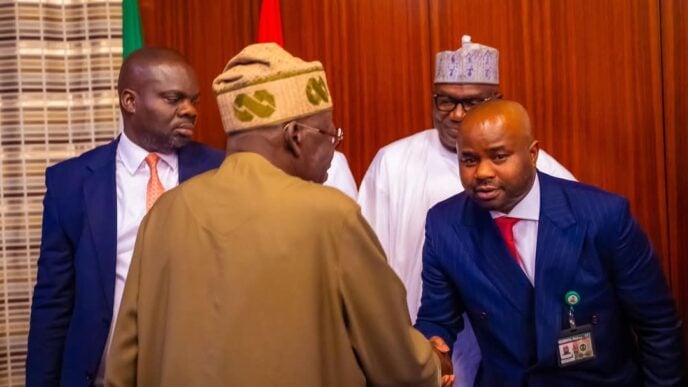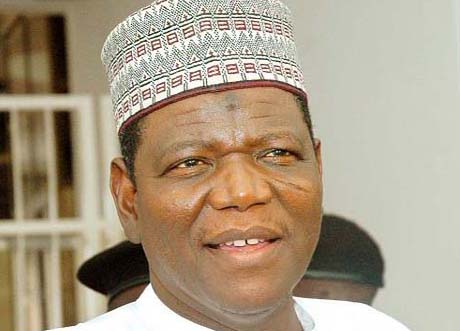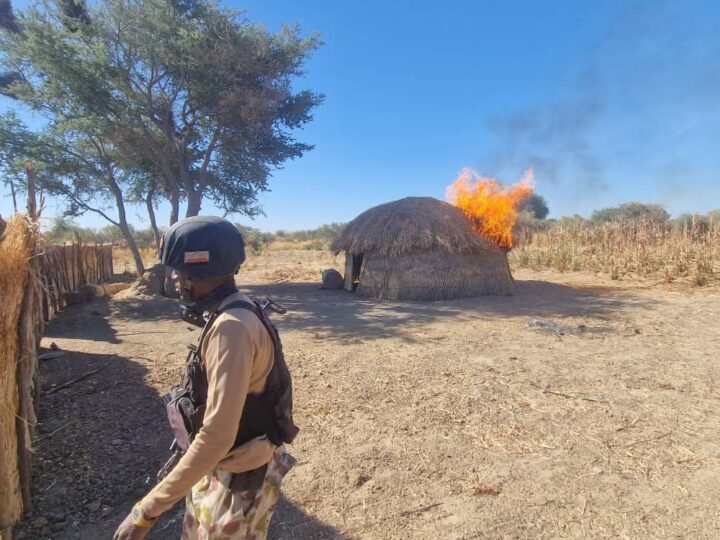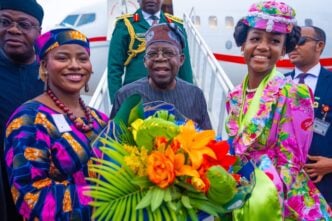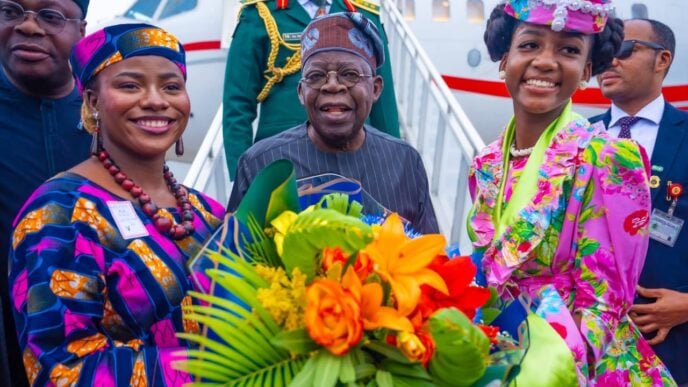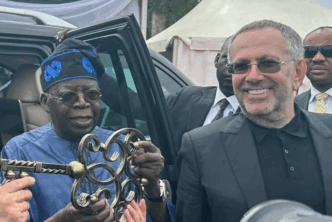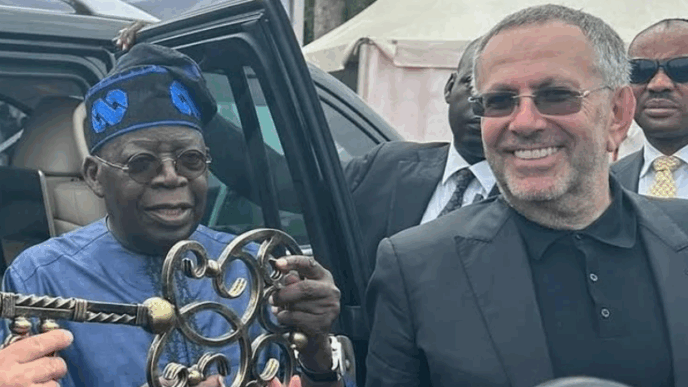So the federal ministry of agriculture and food security wants us to pray away hunger. Yes, you read that right. In a country where millions go to bed hungry, our brilliant officials have discovered the ultimate solution: prayer and fasting sessions for “divine intervention.”
I nearly choked on my morning tea when I read this. After the predictable public outcry, they quickly backtracked, claiming they’re not organising prayers to address food insecurity. Too late, the cat is already out of the bag.
But wait, there’s more. We’ve watched governors organise prayer sessions for security and development. I remember one governor who blamed fornication for a meningitis outbreak. Apparently, our moral compass determines our disease patterns now. Who knew medical science was that simple?
Don’t get me wrong, I’m not anti-prayer. If you want to pray, knock yourself out. But when our leaders use prayer as a substitute for governance, we have a problem. When your primary strategy for national development involves divine intervention rather than competent planning, you’ve basically admitted you have no clue what you’re doing.
Advertisement
Nigeria is supposedly the most religious country in the world. We have churches and mosques on every street corner. Our politicians quote scripture more than they quote the constitution. Yet we remain one of the most corrupt nations globally, with development indices that would make a failed state blush.
Isn’t it ironic? The more religious we claim to be, the worse our situation becomes. Meanwhile, countries like China, South Korea, and Japan – among the least religious nations – are busy building economies, infrastructure, and feeding their people. They’re not waiting for manna from heaven; they’re creating their own miracles through science, technology, and good governance.
Can prayers solve insecurity? Ask the families in Zamfara who have prayed for years while bandits terrorise their communities. The answer is written in the graves of innocent victims and the empty schools where children should be learning instead of hiding.
Advertisement
Can prayers solve our developmental challenges? Take a trip to any state capital and count the number of abandoned projects. I guarantee you’ll find more unfinished roads than functioning ones. No amount of prayer sessions has turned those concrete skeletons into infrastructure.
Can prayers give us good leaders? If that were true, with all the prayer warriors we have in this country, we should be producing leaders like Lee Kuan Yew by now. Instead, we keep recycling the same set of incompetent, self-serving politicians who think governance is about sharing the national cake rather than baking a bigger one.
The tragedy is that our leaders have mastered the art of using religion to deceive the masses. When they fail to deliver on campaign promises, they organise prayer rallies. When the economy crashes, they declare fasting periods. When insecurity peaks, they call for spiritual warfare. It’s a convenient way to shift responsibility from their shoulders to God’s.
I’m particularly amused by the agriculture ministry’s prayer initiative. Here’s a ministry that should be busy with irrigation systems, improved seedlings, fertiliser distribution, and modern farming techniques. Instead, they want to fast and pray.
Advertisement
Meanwhile, countries like Israel have turned deserts into gardens through science and innovation, not prayer marathons.
The painful truth is that our problems are man-made and require human solutions. Corruption isn’t a spiritual problem – it’s a systemic failure that requires strong institutions and accountability. Insecurity isn’t demons attacking Nigeria; it’s poor governance, unemployment, and weak security architecture.
Food insecurity isn’t God’s punishment for our sins. It’s the result of farmers abandoning their lands due to herder attacks, poor storage facilities, bad roads, and climate change. These are problems that require policy interventions, not prayer interventions.
You want to know what works? Look at Rwanda after the genocide. They didn’t pray their way to development. Paul Kagame implemented strict anti-corruption measures, invested in technology, and built institutions. Today, Kigali is cleaner than most Nigerian state capitals.
Advertisement
Singapore didn’t become a first-world country through prayer sessions. They built world-class infrastructure, invested in education, and created business-friendly policies. Their leaders governed with their heads, not their hearts or prayer books.
Our leaders need to understand that governance is about making tough decisions, implementing policies, and being accountable to citizens. It’s about building hospitals, not organising healing crusades. It’s about constructing roads, not constructing prayer altars.
Advertisement
The masses also need to wake up. Stop falling for these religious gimmicks. When your governor organises a prayer rally instead of fixing the roads, vote him out. When your minister suggests fasting for development instead of implementing development projects, demand his resignation.
God helps those who help themselves. Countries that have solved their problems did so through planning, hard work, and good governance. They didn’t wait for divine intervention; they created their own interventions.
Advertisement
As we approach 2027, let’s pray for one thing only: the wisdom to vote for leaders who believe in governance, not empty prayers. Let’s pray for the courage to demand accountability, not spiritual theatrics.
Until then, while our leaders are busy organising prayer marathons, other countries will continue lapping us in the development race. By the time they finish praying, those “godless” nations would have built functioning economies.
Advertisement
Ladies and gentlemen, it’s time to govern, not just pray.
Views expressed by contributors are strictly personal and not of TheCable.
